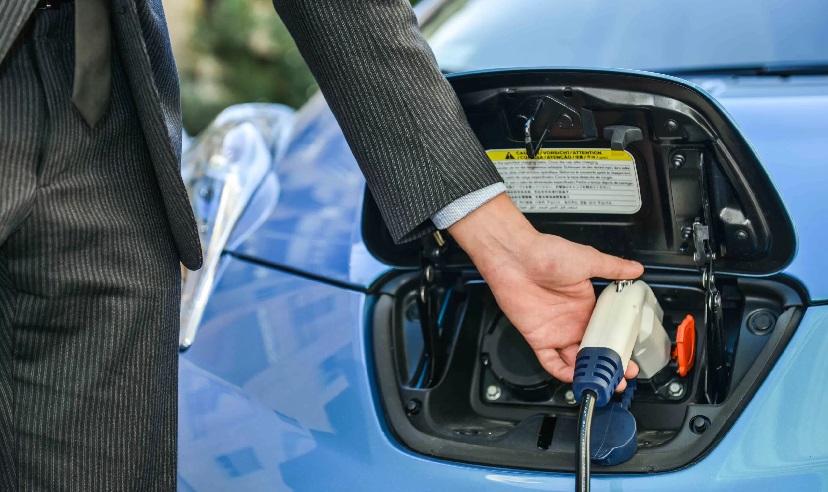According to Digital Charging Solutions (DCS), electric cars use significantly less energy for public charging than major events such as the Munich Oktoberfest.
7.2 million people attended Octoberfest last year. Organisers said they used around 2,800,000 kWh of electricity to run the event – 12 per cent less than in 2022.
According to DCS figures, EVs in Munich charged around 193,000 kWh during that same period.
DCS states that 99 per cent of all public charging points in Munich are accessible via its own charging offer – the energy consumption can thus be regarded as representative.
That means the energy consumption of the major event could have covered public charging 14 times over.
Munich has the second largest number of registered electric cars after Berlin, and some visitors are also likely to have travelled to the Oktoberfest purely electrically.
“Electric cars currently account for around 14 per cent of new registrations in Germany. Our figures now prove that the much-cited fear of the power grid collapsing due to the charging of electric cars is completely unrealistic,” says DCS CEO Jörg Reimann.
“If a major event with 14 times the electricity consumption of public charging does not cause the power grid to collapse, it will not happen as a result of the gradual increase in the proportion of electric vehicles,” he adds.
On the contrary: EVs will make a decisive contribution to stabilising the power grid in the future through vehicle-to-grid technology (i.e. feeding the energy stored in the batteries into the power grid) because they help to balance out the fluctuations in green power generation.
Read more: Charging points in parking areas: 105 days left to install them and avoid €10,000 fines







